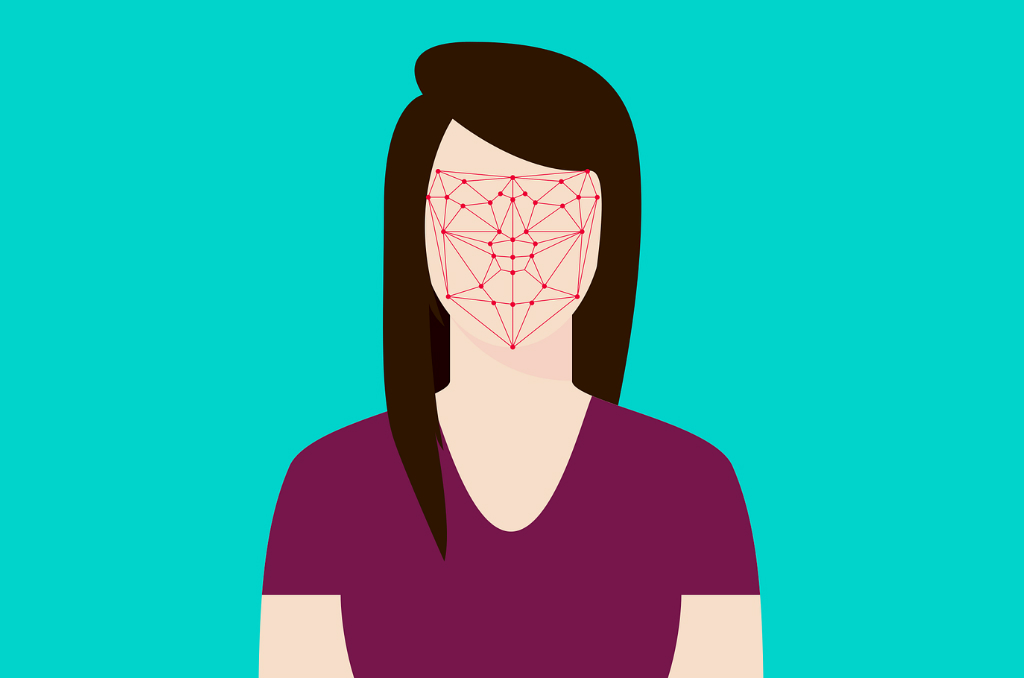Traveling is about to get a whole lot easier for international flyers at Tampa’s major airport.
Tampa International Airport is eyeing facial recognition technology as the future of plane boarding.
Officials at TPA want to roll out the biometric tech this summer in the hopes of speeding up lines and enhancing security.
The new process is quite simple. Travelers will have their faces scanned by a tablet-like device and the tech will try to match flyers’ faces with passport photos on file.
“It’s accessing a database of information that already exists. It’ll streamlining the process. They’re [federal government] not gathering any new information, or photography or anything along those lines,” Christine Osborn, communications manager at TPA, told CBS 17.
TPA spokesperson Emily Nipps touted the security benefits in an interview with Fox 13.
“It’s hard to trick facial recognition. The idea behind it is that it is more secure, it is more accurate in screening people,” she said.
For now, the changes are only taking place at the gates, so flyers still need their passport to check-in and pass TSA security.
Nipps believes it’s only a matter of time before travelers embrace the new tech.
“It feels a little bit like the matrix right now, because it’s so new, but we do think that at some point this is going to become just a normal part of the flying experience,” she said.
Using facial recognition software to screen passengers at Florida airports isn’t new.
Back in 2017, Customs and Border Protection launched biometric exit tech at Miami International Airport for a single flight. In 2018, MIA opened America’s first all-biometric entry facility at Concourse E. A year later, MIA partnered with Lufthansa and CBP to offer biometric exits for the airline.
Orlando International became the first airport in the nation to extend face-scanning tech to all international travelers. According to CNN, that means “5.9 million faces a year will go on record with the U.S. government.”
At Fort Lauderdale-Hollywood International Airport, JetBlue has been offering facial scanning for select international flights.
But some are concerned that the enhanced security is encroaching on privacy.
“There’s a real lack of clarity about how the data is stored and used,” Neema Singh Guliani, senior legislative counsel for the American Civil Liberties Union, told CNN.
Guliani and the ACLU argue that the stored images could be used “surreptitiously by the government and private actors to track people without their knowledge.”
Back in April, JetBlue traveler MacKenzie Fegan went back and forth with the airliner on social media after being subject to facial screening for boarding.
Fegan: “I just boarded an international @JetBlue flight. Instead of scanning my boarding pass or handing over my passport, I looked into a camera before being allowed down the jet bridge. Did facial recognition replace boarding passes, unbeknownst to me? Did I consent to this?”
JetBlue: “You’re able to opt out of this procedure, MacKenzie. Sorry if this made you feel uncomfortable.”
Fegan: “Follow up question. Presumably these facial recognition scanners are matching my image to something in order to verify my identity. How does @JetBlue know what I look like?”
JetBlue: “The information is provided by the United States Department of Homeland Security from existing holdings.”
Fegan: “So to be clear, the government provided my biometric data to a privately held company? Did I consent to this? How long is my data held by @JetBlue? And even if I opt out at the scanners…you already have my information, correct?”
JetBlue: “We should clarify, these photos aren’t provided to us, but are securely transmitted to the Customs and Border Protection database. JetBlue does not have direct access to the photos and doesn’t store them.”
John Wagner, CBP’s deputy executive assistant commissioner for the office of field operations, told CNN that the biometric images taken at Orlando International Airport are being temporarily stored for 14 days. The goal, Wager said, is to stop storing images altogether since the federal government already holds millions of Americans’ passports.
However, for some travelers, the additional photo doesn’t bother them much.
“I have a global entry pass, so my fingerprints are already with the government, so that’s similar in a lot of ways with having your face as well. If it increases efficiency, then why not?” passenger Ian Davis told CBS 17.
Tampa International Airport is only installing the facial scanners at three international gates, but plans to install the tech at 10 additional gates after the trial period.
TPA’s end goal is to have the screening serve as both the passenger’s passport and boarding pass.
“We’re moving in the direction of a one-stop process,” said senior IT manager Doug Wycoff.
TPA is also testing out a new E-gate system that will allow travelers to scan their own boarding passes and gain access to the shuttle. If it goes well, the E-gates will be added at the remaining three shuttle entrances by 2020.

William is the Managing Editor at FloridaInsider.com. His years of experience in journalism, broadcasting and multimedia include roles as a Writer and Web Producer. He graduated from Florida International University with a Bachelor of Science and Communication.

